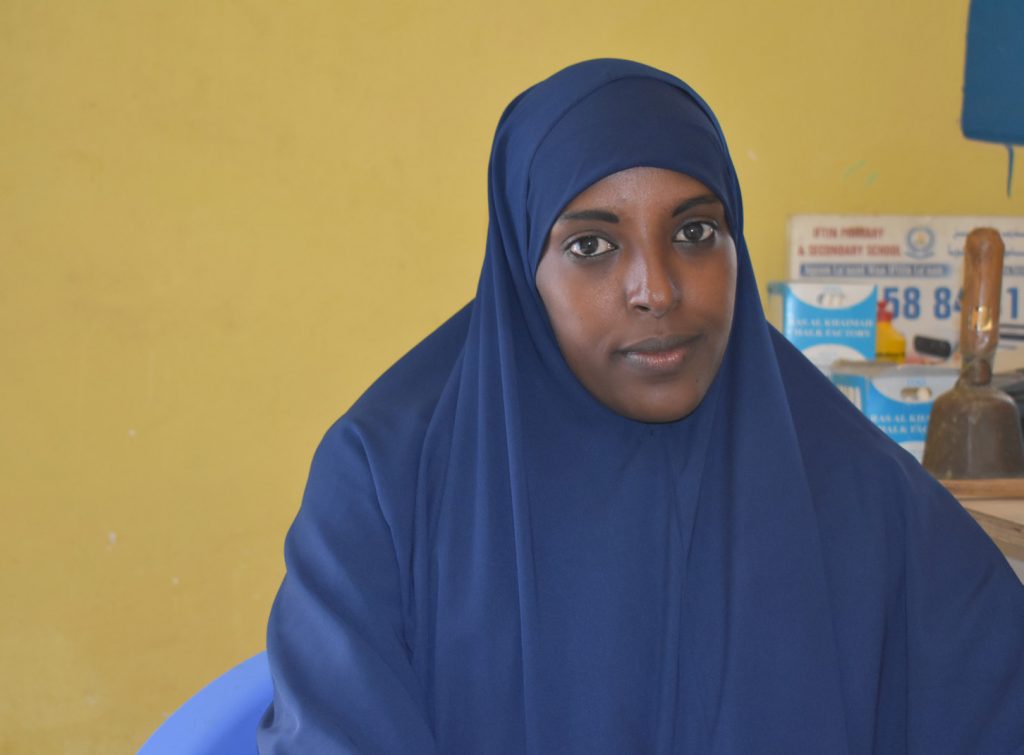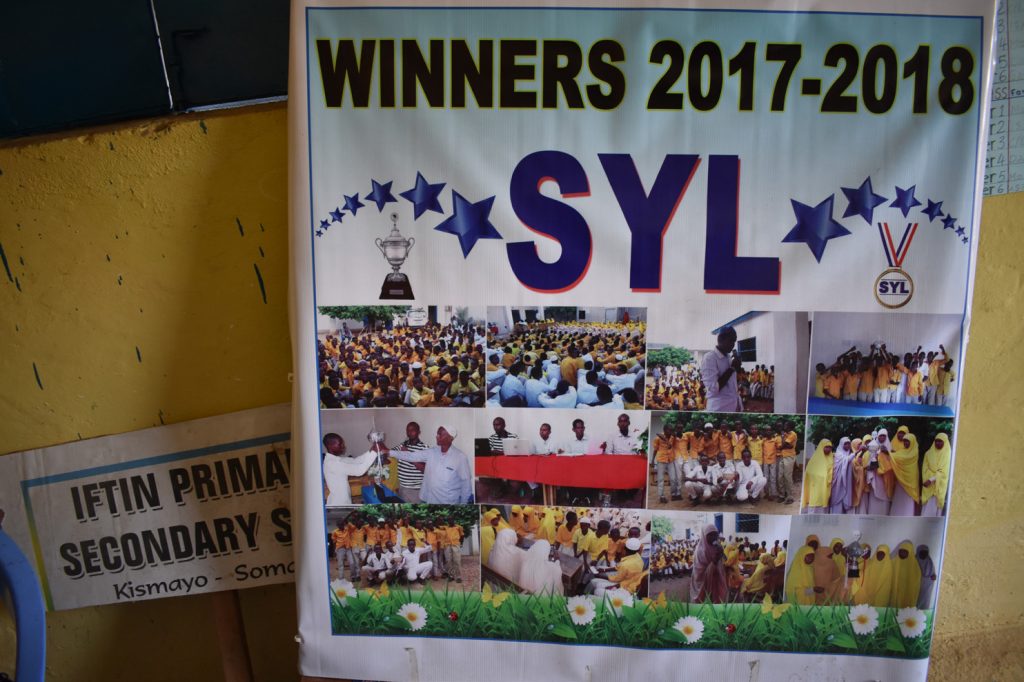Community engagement in the education sector continued to be vibrant and this was demonstrated by the continued organization of the communities under the banner of school education communities (CECs) who oversee the learning activities. Communities play a key role in the mobilization of learners and resources to support schools as well as ensuring sustainability of support provided to schools. Since the capacity of the government (Federal and State) is still weak to support schools, the responsibility of initiating and maintaining learning institutions has been well taken by the communities.
To enhance the CECs responsibilities, capacity development in areas such as child protection and school development plans (SDP) have bestowed a bigger sense of responsibility to the CECs for better learning outcomes. All schools were provided with SDP templates and assisted to draft SDP priorities. The project team has been monitoring implementation of SDPs. SEAQE has ensured that all CECs have SDPs with clearly articulated priorities on what the community can do and what requires external support. CECs are now doing things under their SDP unlike before.
CEC: Iftin Primary School, Kismayo

“When we heard about the SDPs, we didn’t know that we would achieve anything on our own. ADRA took us through a training on the plan and then supported us in drafting the things that were important in the school.
We engage the parents in the plans we have so that they know everything we are doing. Some of our plans included renovation of school furniture. Through the help of the community, we raised some money to renovate the furniture.
We also support children from low income families. We are supporting 100 needy students who are learning without paying school fees. With the support of the community, we get some money to keep them in school.
We didn’t have cleaners to clean the latrines, and they were always dirty. However, through the WASH clubs, the pupils now do the sanitation work. The pupils take turn in cleaning and the latrines are always clean.
The other plan that we introduced is having inter-classes competition. This was done to encourage the students to learn more. We hold the competitions every year in May. The students compete in all subjects and these helps them read more chapters than the one assigned by the teachers. Through this, they gain more knowledge. The competition is on the subjects they are taught and on general knowledge.

Some plans we have implemented successfully but there are other plans that we have not achieved. We had planned to construct a shallow well, in order to have a continuous supply of water. There is also the issue of space in the school. The school enrolment is increasing, and the space is becoming small. We are looking for a way to get some space. When we started with ADRA we had only 315 students, but the student’s population has increased to 1,005 pupils.
We did not know that we had the capacity or capability to do anything for our school, but the SDPs have proved that we have all it takes to develop our school.”
The SEAQE 1 project reached 10,094 children (5,977 boys; 4,117 girls) in primary schools of which 182 (104 boys; 78 girls) were children with disabilities and provided equitable access to quality education services targeting all relevant age groups in South and Central Somalia.



